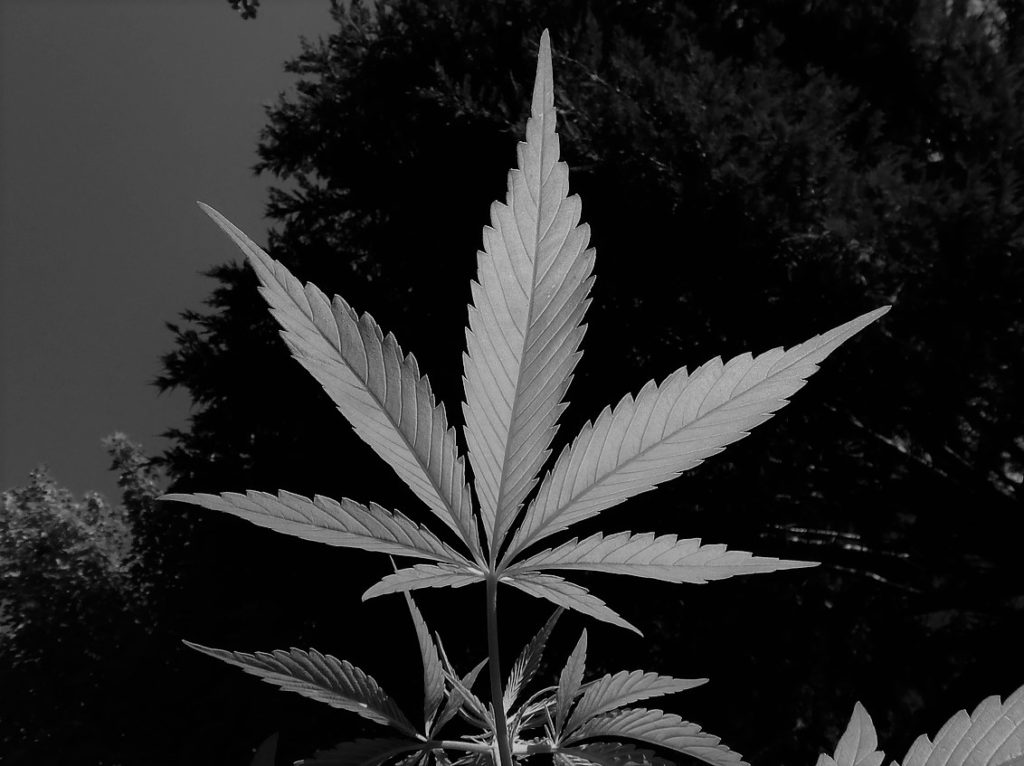No products in the cart.
Posts
What Education Leaders Need to Know about Pot
Why am I writing about Marijuana use (pot-weed-reefer-Mary Jane or one of 450 other slang terms) in an education blog?
The National Academies of Science has recently released the most authoritative and definitive report yet produced. The report analyzes, prioritizes and synthesizes the research on cannabis. You can access the full report here: https://www.nap.edu/catalog/24625/the-health-effects-of-cannabis-and-cannabinoids-the-current-state
The move toward legalization and normalization of marijuana (cannabis) is important and perplexing. There are compelling arguments in favor of legalization for medical use, as well as the legalization and regulation of marijuana for recreational use. It is hard to argue that the “war on drugs” is succeeding or that marijuana is any worse to an individual than alcohol. Since alcohol is legal and regulated, why shouldn’t marijuana be treated the same?
Eight states have already moved in this direction to legalize and regulate weed for recreational use. Twenty other states have certified the use of medical marijuana.[1]
So yes, from a personal liberty, economic and law enforcement perspective, maybe it does make sense to legalize marijuana use. But we need to be clear with each other and our students about the possible benefits and definitive risks of marijuana use. Teens and adults might be tempted to think – if something is legal, then it must also be safe. Not true.
This report helps separate myth from fact, and also clarifies what we still don’t know. Here are some of the findings that I felt were most relevant to youth and youth adults:
Chronic Pain: Cannabis can definitely help with chronic pain management, and might be helpful in stemming the tide of opioid abuse.
Impaired Driving: There is strong evidence that marijuana use increases the risk of motor vehicle accidents. It’s doesn’t seem to impair as much as driving drunk, but still there is a serious risk.
Learning. Intelligence and Job Outcomes: There is moderate evidence that marijuana impairs learning, memory and attention in the short term after use. This is not surprising. There is LIMITED evidence that learning, memory and attention are affected even after sustained abstinence from cannabis, and there is LIMITED evidence of links between long-term marijuana use and impaired academic achievement and job outcomes.
The big debate over long-term outcomes is whether sustained marijuana use “causes” poor academic achievement and job outcomes, or whether it just correlates with those negative outcomes.
My personal observation is that people who are heavy users probably use marijuana as a feel-good crutch, similar to way functioning alcoholics use alcohol to cope. In the long-run, marijuana use might be making things worse and creating new layers of problems, but it is probably more of a symptom of underlying problems than the cause itself.
Drug dependency: Marijuana use does not necessarily lead to use of hard drugs; it is actually more directly linked to the use of tobacco. But for users who do move on to alcohol or heroin, marijuana users were more likely to become dependent on the harder drugs. Sustained marijuana use may indicate a dependency factor that harder drugs can exploit.
Spread the Word
I believe that every education leader should be familiar with this report and should get the word out to your teachers, counselors, coaches and other adults who work with youth and young adults. Let’s help our youth and young adults make informed and healthy decisions.
Of course, I want to connect this post back to pathways and good jobs. Positive connections to caring adults and school-based programs are proven “preventative” strategies that can help ameliorate family problems and negative community influences that lead to drug use.[2] Strong pathway programs offer hope and a sense of positive life direction for a young person, making them less likely to succumb to hurtful coping mechanisms, like pot and alcohol.
Just another reason to make our pathway programs the best they can be!
[1] http://www.governing.com/topics/elections/gov-medical-recreational-marijuana-2016-state-ballot-measures.html
[2] https://www.drugabuse.gov/sites/default/files/preventingdruguse_2.pdf

